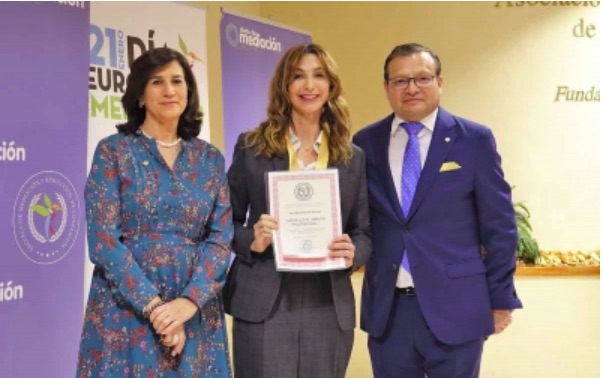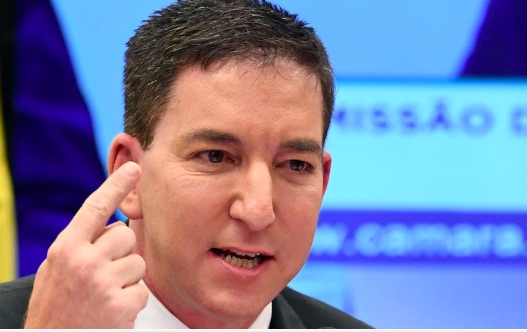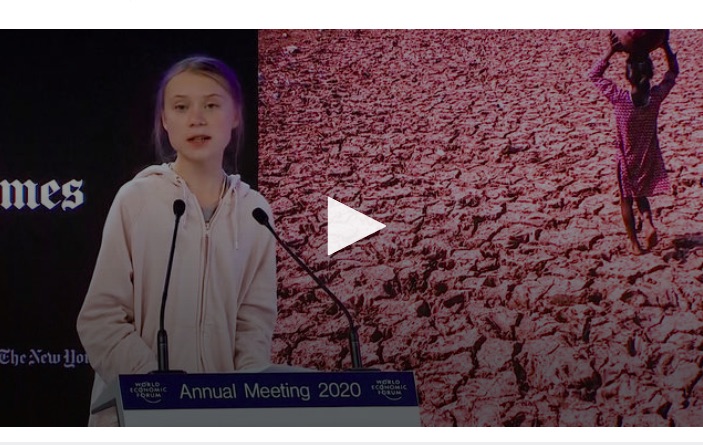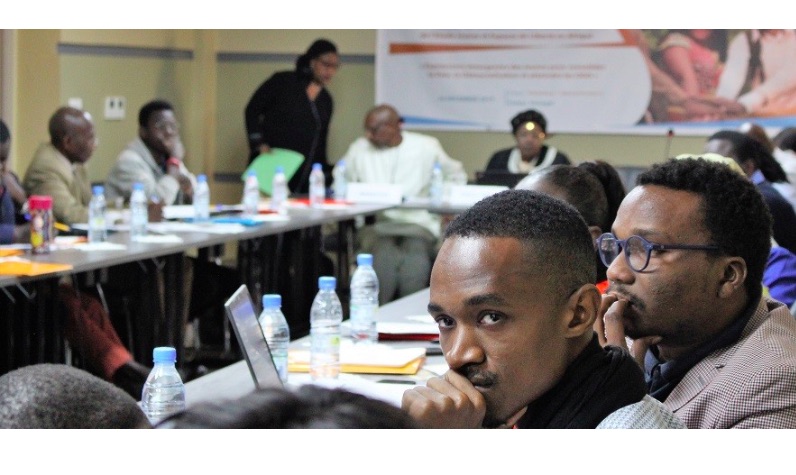. DEMOCRATIC PARTICIPATION .
An article from Asi Sucede
In order to reflect and analyze various alternatives for the promotion of harmonious, peaceful and inclusive schools and for the development of a culture that prevents discrimination and bullying, the International Congress on Culture of Peace and Gender Perspective was held , with the participation of national and international specialists.

The Congress was organized by the Ministry of Education, in collaboration with the National School Coexistence Program, and with the participation of national and foreign specialists, as well as teachers and public servants (Photo: Special).
Organized by the Ministry of Education of the Government of the State of Mexico, through the Council for School Coexistence (Coexist), in collaboration with the National School Coexistence Program, the Congress offered simultaneous training, exchange of experiences and opinions, as well as the deliberation of studies on the Culture of Peace, Socio-Emotional Education and Gender Perspective, as key issues.
During the inauguration of the activities, the Secretary of Education, Alejandro Fernández Campillo, said that the Congress seeks to generate mechanisms for school peace.
Before about 900 teachers and public servants linked to education processes, Fernández Campillo said that for Governor Alfredo Del Mazo Maza it is essential to join forces to create a harmonious school life, which contributes to the formation of leaders who will consolidate progress and well-being of the State of Mexico and their families.
(continued in right column)
(Click here for the original Spanish version of this article.)
Question for this article:
Is there progress towards a culture of peace in Mexico?
(continued from left column)
In his participation, Bienvenida Sánchez Alba, a professor at the Complutense University of Madrid, highlighted the importance contributinf methodologies and teaching instruments to minimize gender discrimination in the school community, as well as to carry out work in collaboration with families, with administrative staff and local authorities.
For his part, Rafael Grasa, speaker from the Autonomous University of Barcelona and expert in Peace Studies gave the lecture “The weak link: how to evaluate education in values and education for peace.” He said that, to make a evaluation of both issues, you must first plan and then build harmonious environments based on three pillars: ability to analyze conflicts, tools for dialogue: consensus and dissent, and non-violent collective action.
The Congress also addressed alternatives for more adaptive and disciplined behaviors, for the generation of thoughts and emotions that motivate learning that contributes to the improvement of academic performance, attachment to school and the improvement of relationships. among the members of the school community.
During the Congress five keynote lectures were given, the Specialized Discussion Forum was held: “Emotional education and gender perspective for the construction of peace in the school”, in addition to 18 workshops in which knowledge and successful experiences about living together were shared from the lines of Gender Equality, Human Rights, Conflict Mediation, Peaceful Coexistence and Nonviolent Communication.
Among the speakers were: Lucas JJ Malaisi, a psychologist with postgraduate studies on Gestalt Psychotherapy, Psychological Evaluation and BioNeuro; Gloria María Abarca Obregón, PhD in International Studies of Peace, Conflicts and Development at the UNESCO Chair of Philosophy for Peace at the University Jaume I from Castellón, Spain; in addition to the participation of Elizabeth María del Pilar Ozuna Rivero, director of the Convive.
With this type of action, the government of the State of Mexico contributes to the continuous education and training of teachers, by providing them with tools to complete and enrich their training as builders of a culture of peace in Mexican schools.









